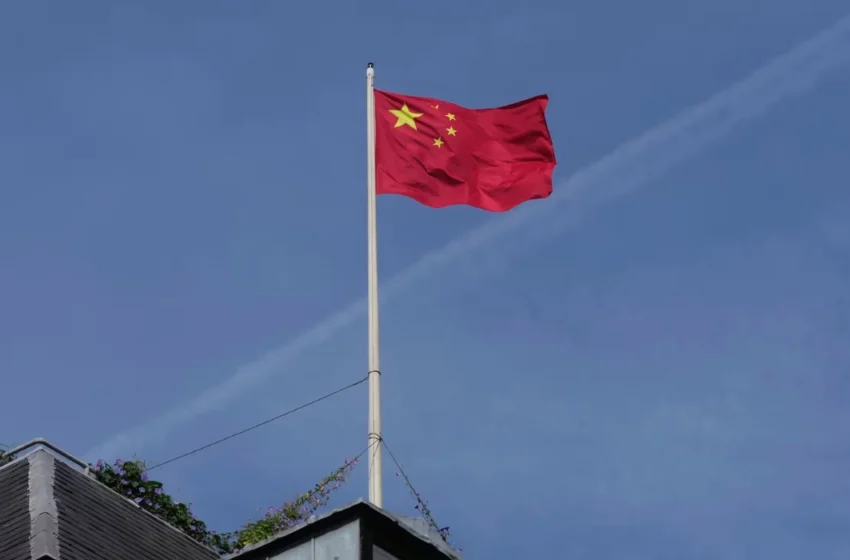
World ( Europe Brief News): China may lift its 2021 sanctions on British MPs, signaling a diplomatic thaw and improved UK-China relations following months of strategic dialogue.
According to two UK government sources aware of the discussions, the Chinese government is reexamining the penalties it imposed four years ago in response to what it described as “lies and disinformation” regarding human rights violations in Xinjiang.
Asked to comment, a spokesperson for the Chinese embassy in London said:
“China has always attached importance to developing relations with the UK. Currently, UK-China relations are showing a positive momentum.
Exchanges and dialogues between the UK and China at all levels and in all fields will help enhance mutual understanding and trust between the two sides, and will also help promote the continuous development of bilateral relations and practical cooperation, which benefit the two peoples.”
This came a week after a number of top Chinese officials traveled to the UK and met with high-ranking government officials.
Last week, China’s commerce minister Wang Wentao and vice-premier He Lifeng visited London for trade negotiations with the United States. While Wang spoke with Jonathan Reynolds, the business and trade secretary, he met with UK chancellor Rachel Reeves.
During his three-day visit to the UK early last week, Liu Jianchao, one of China’s senior diplomats and chairman of the Chinese Communist party’s international department, met with Jonathan Powell, the national security advisor, and David Lammy, the foreign secretary. The UK government did not publicize any of these sessions.
China’s penalties on UK lawmakers were brought up repeatedly during an event Liu attended with British MPs organized by the Great Britain China Centre, an independent government agency. Because Liu is a mastermind behind China’s campaign of persecution against its nationals abroad, the visit was criticized.
It is unclear if China is thinking of removing all or just some of the restrictions it placed on UK individuals and organizations four years ago.
In 2021, nine British nationals, including two members of the House of Lords and five Conservative MPs, were prohibited from entering China. They were singled out for drawing attention to human rights abuses committed against the Muslim Uyghur population in Xinjiang’s northwest province.
Former Tory leader Iain Duncan Smith, Tom Tugendhat, Nusrat Ghani, Neil O’Brien, and Tim Loughton were among the five Members of Parliament sanctioned in 2021 after they resigned last summer. The two peers were Labour’s Helena Kennedy and crossbencher David Alton. The Inter-Parliamentary Alliance on China includes a number of them.
Sanctions were also placed on Geoffrey Nice KC, who chaired the Uyghur tribunal that looked into atrocities against the minority population, and Jo Smith Finley, a researcher at Newcastle University who studies the Uyghurs.
Sanctioned individuals are not allowed to enter China, Hong Kong, or Macau; any property they own in China is frozen; and Chinese institutions and nationals are not allowed to conduct business with them.
How might lifting sanctions on UK parliamentarians impact China-UK relations now?
Removing sanctions will promote more understanding between parties and lessen diplomatic animosity by restoring parliamentary exchanges and dialogue, which have been severely restricted by reciprocal restrictions.
As seen by recent deals totaling hundreds of millions of pounds, a thaw in political ties might facilitate continued attempts to increase trade and investment between the UK and China and create avenues for future cooperation in areas such as financial services, technology, and climate initiatives.
Although sanctions have been a key area of contention, their removal would enable more open communication between the parties on security, human rights, and regional issues without the threat of punitive action, which could result in more practical dispute resolution.


